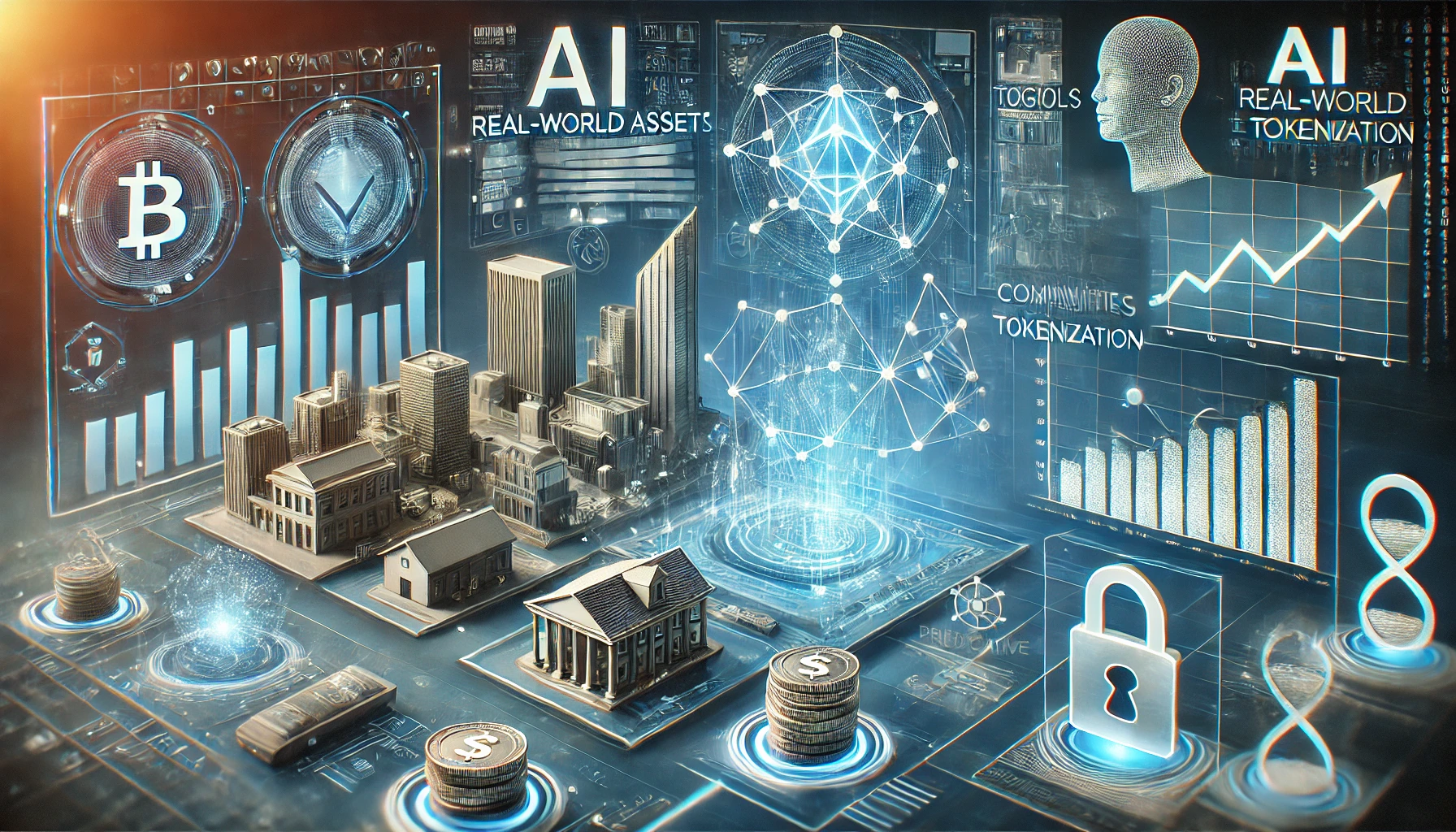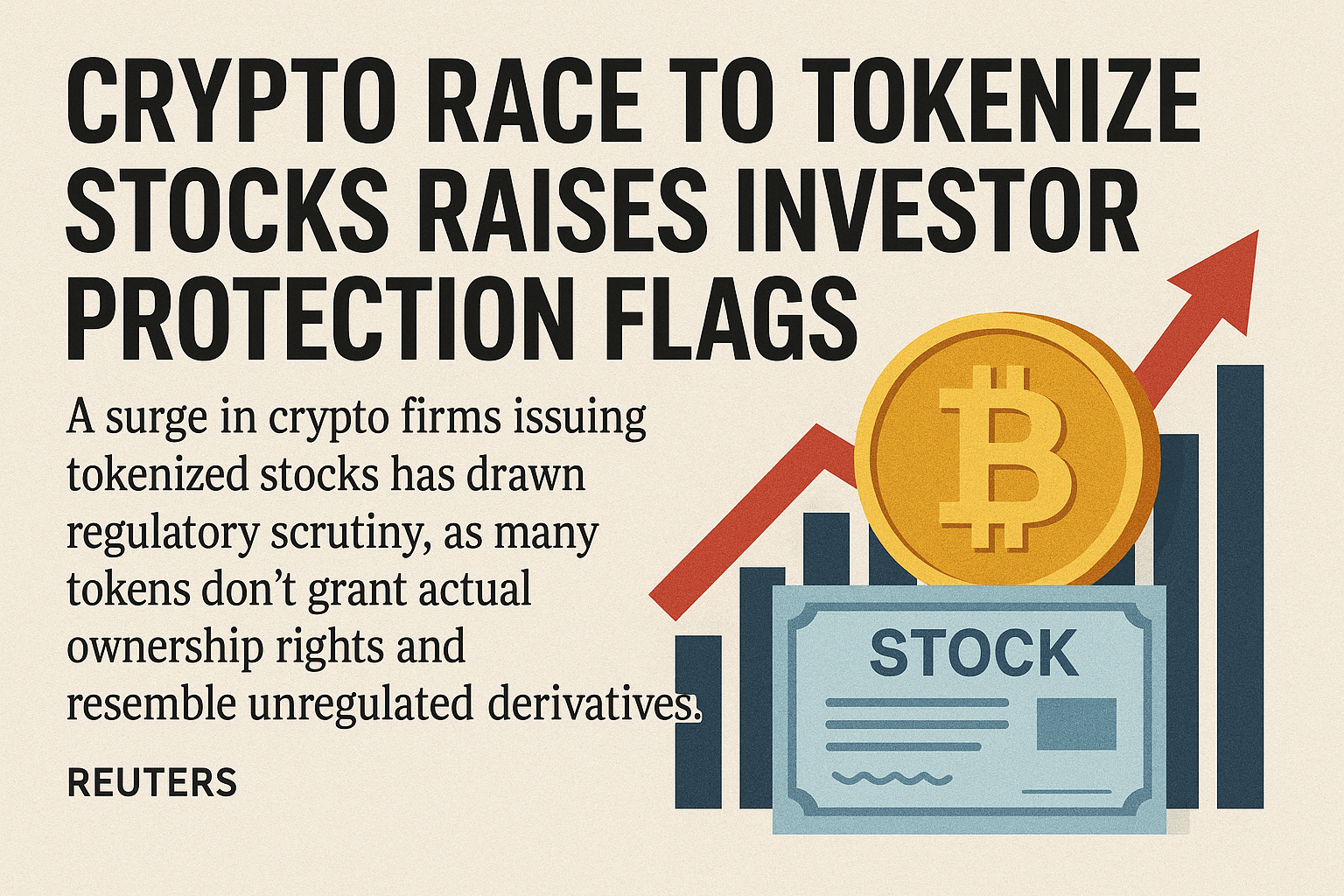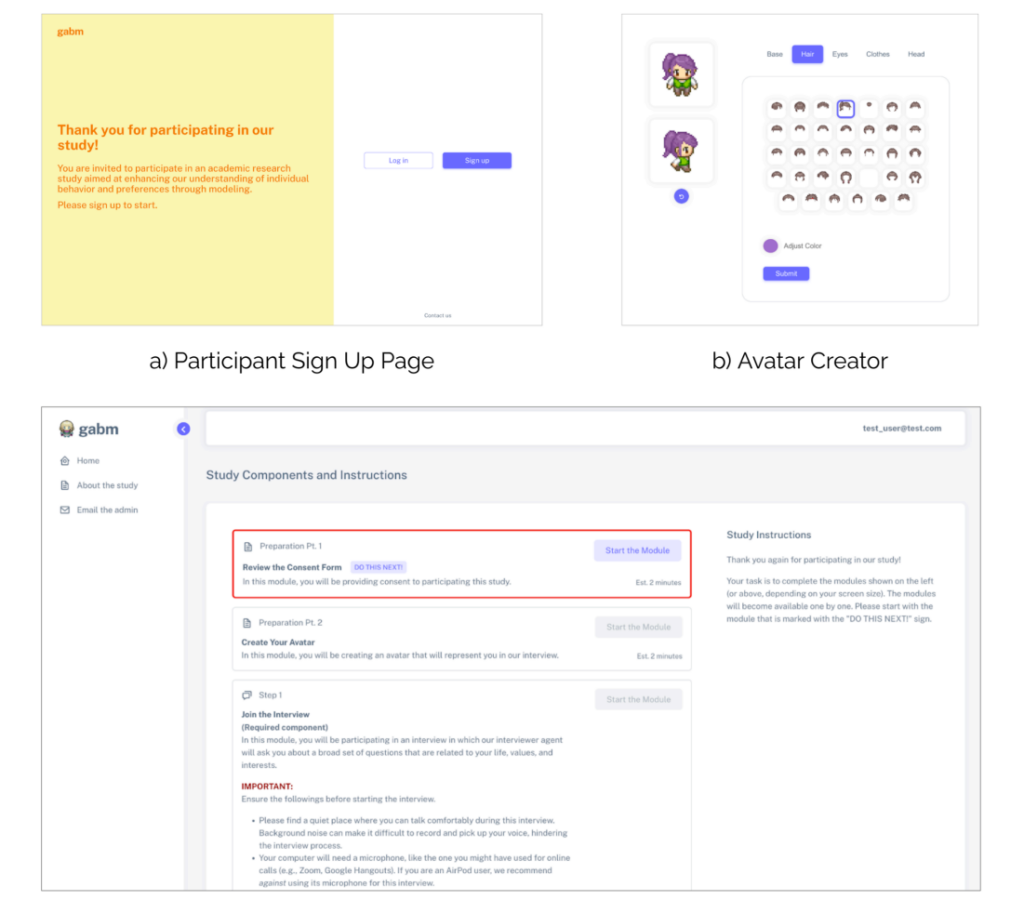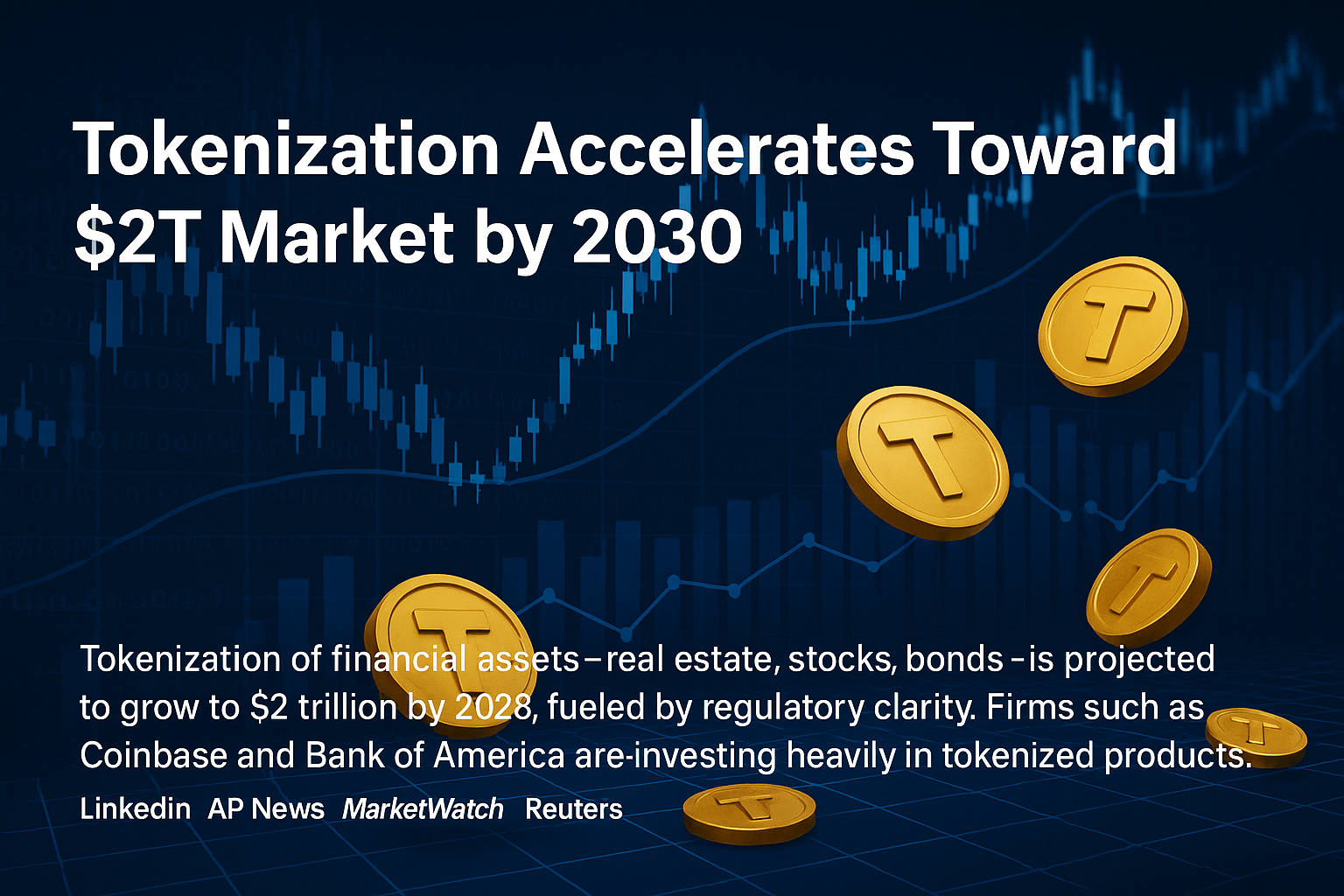The financial landscape is evolving rapidly with the convergence of artificial intelligence (AI) and real-world asset (RWA) tokenization. As blockchain technology continues to redefine ownership and value transfer, AI is enhancing efficiency, transparency, and decision-making in asset tokenization. This fusion is transforming the way investors interact with traditional markets, such as real estate, commodities, and infrastructure.
By leveraging AI-driven analytics and blockchain-based RWA tokenization, financial markets are becoming more accessible, liquid, and efficient. This article explores the impact of this technological synergy and its potential to reshape the investment landscape.
The Rise of RWA Tokenization
Tokenization involves representing physical assets as digital tokens on a blockchain, allowing them to be traded seamlessly, fractionally owned, and verified transparently. Real-world assets like real estate, gold, art, and corporate bonds are being tokenized, unlocking liquidity and democratizing access to traditionally illiquid markets.
Key benefits of RWA tokenization include:
- Fractional Ownership: Investors can own small portions of high-value assets, reducing capital barriers.
- Enhanced Liquidity: Tokenized assets can be traded on secondary markets, increasing market efficiency.
- Transparency & Security: Blockchain ensures immutability and real-time verification of asset ownership.
- Automated Compliance: Smart contracts enforce regulatory requirements and streamline transactions.
While tokenization alone has already begun transforming financial markets, integrating AI further amplifies these benefits.
AI’s Role in Enhancing RWA Tokenization
AI is revolutionizing various aspects of asset tokenization by improving data accuracy, risk assessment, and investment strategies. Here’s how AI contributes to this transformation:
1. AI-Powered Asset Valuation
Determining the true market value of real-world assets is complex and often relies on outdated appraisal models. AI can:
- Analyze real-time market data, historical price trends, and macroeconomic indicators.
- Use predictive analytics to forecast asset appreciation or depreciation.
- Automate property or commodity valuations, reducing human bias and inefficiencies.
With machine learning models, investors gain more accurate and data-driven pricing insights, reducing speculation and enhancing confidence in tokenized assets.
2. Automated Risk Assessment
Risk management is a critical concern in financial markets, particularly with real-world assets that may be affected by external factors such as geopolitical instability, economic downturns, or regulatory changes. AI enhances risk analysis by:
- Continuously monitoring market conditions and identifying potential risks.
- Utilizing sentiment analysis to track news trends and investor sentiment.
- Detecting anomalies and fraudulent activities in asset tokenization transactions.
By integrating AI, investors and financial institutions can mitigate risks more effectively and make smarter investment decisions.
3. Smart Contracts and AI-Driven Automation
Smart contracts are at the core of asset tokenization, ensuring secure, self-executing agreements. AI enhances smart contract functionality by:
- Detecting contract vulnerabilities and preventing security breaches.
- Enabling dynamic contract adjustments based on real-time data analysis.
- Automating compliance with changing regulatory frameworks across jurisdictions.
This AI-enhanced automation not only improves security but also reduces transaction costs and processing times, making tokenized assets more accessible.
4. Personalized Investment Strategies
AI-driven portfolio management allows investors to optimize their RWA holdings by:
- Recommending assets based on individual risk tolerance and financial goals.
- Predicting market trends to adjust allocations dynamically.
- Utilizing AI chatbots and robo-advisors to provide real-time investment guidance.
This level of personalization attracts both institutional and retail investors, fostering wider adoption of AI-powered RWA investments.
The Future of AI and RWA Tokenization
As AI and tokenization continue to evolve, several trends are emerging:
- AI-Driven Real Estate Tokenization: Machine learning models will further refine property valuations, tenant risk assessments, and automated leasing contracts.
- AI-Powered Tokenized Commodities: Predictive analytics will enhance commodity trading, ensuring more accurate pricing of gold, oil, and rare metals.
- Institutional Adoption: Major financial institutions are exploring AI-based risk analysis for tokenized bond markets and real estate portfolios.
- Regulatory Evolution: Governments and regulators will introduce AI-audited compliance frameworks to oversee tokenized asset transactions.
These advancements indicate a future where AI-powered tokenized markets will redefine global investment strategies, creating a more efficient, transparent, and inclusive financial ecosystem.
The integration of AI and RWA tokenization is revolutionizing asset management and investment accessibility. AI enhances valuation accuracy, risk assessment, and smart contract automation, making tokenized assets more secure, transparent, and liquid.
As financial markets continue to digitize, AI-powered asset tokenization is set to become a dominant force in the future of global finance. Investors who embrace these technologies early will likely gain a competitive edge in the evolving digital economy.
The question remains: Are we ready for a fully AI-driven, tokenized financial future? The coming years will determine how this convergence reshapes investment landscapes worldwide.




